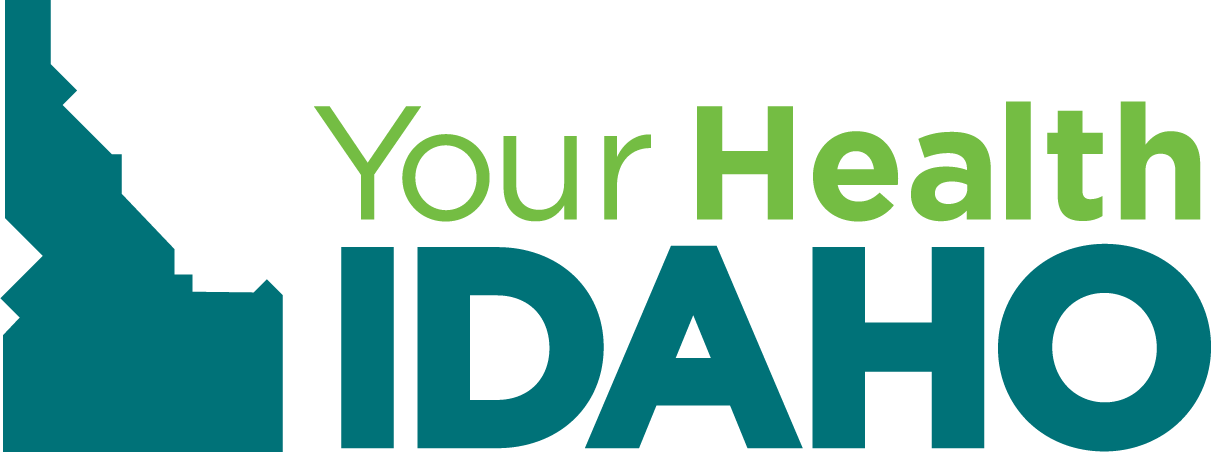One of the most important questions you’ll have to answer if you retire early is how to pay for healthcare if you’re not yet eligible for Medicare. Workers in the U.S. are eligible to begin claiming Social Security as early as age 62. But it’ll be three more years before they can sign up for Medicare, the federal health insurance program designed primarily for those people over the age of 65.
The oldest of the Baby Boom generation turned 62 in 2008. According to the Pew Research Center, between 2008 and 2019, about one million people each year, ages 55 and older added themselves to the ranks of the retired population. In the last two years, that number swelled by 3.5 million.
If you’re one of those people, or you’re thinking about retiring early, you do have options for obtaining health insurance.
If you retire before age 65 without health coverage:
- Losing your job-based health coverage when you retire before 65 is considered a Qualifying Life Event (QLE) and you may be eligible for a Special Enrollment Period (SEP) through Your Health Idaho, the state’s health insurance exchange. A Special Enrollment Period means you won’t have to wait for the annual Open Enrollment period in the fall to get a health insurance plan. Depending on your income and household size, you may also qualify for the Advance Payment Tax Credit (APTC) that could lower your monthly premium and lower out-of-pocket costs.
If you already have retiree health benefits but want to purchase a plan through Idaho’s healthcare marketplace:
- You can, but you probably won’t qualify for APTC or other out-of-pocket savings. If you’re eligible for other programs, you don’t qualify for APTC/CSR, even if you’re not enrolled.
- If you voluntarily drop your retiree coverage, you’ll have to wait to enroll in marketplace coverage until the fall Open Enrollment period (you won’t qualify for a Special Enrollment Period).
The important thing to keep in mind is that if you’re using a Special Enrollment Period, you’ll have 60 days from the date of losing your previous coverage to report your Qualifying Life Event, provide documentation proving your enrollment eligibility and select and enroll in a plan.
Other options you may have before you’re eligible for Medicare include:
- COBRA – which allows an employee and an employee’s dependents to stay enrolled in their group coverage for up to 18 months after leaving their company. COBRA can be very expensive.
- Short Term Health Plans – are usually a less expensive alternatives to an individual or family policy but they also offer less comprehensive coverage.
- Medicaid – if you meet the income and citizenship requirements, Medicaid may be your cheapest option. Keep in mind, not all providers accept Medicaid and you may need to find a new primary care provider or specialist.
- Part-Time Job – finding a part-time job that offers health insurance could also offer a low-stress way to earn extra income or work at a hobby you’ve always wanted to know more about.
If you’re getting ready to retire, take the time to review all your coverage options. A good place to start is the Your Health Idaho website where you can use the tax credit estimator and shop for a plan. You can also talk to an expert, in your area, at no cost to you. Your Health Idaho has certified agents, brokers and enrollment counselors ready to help you through every step in the process. Just go to Find Help on the Your Health Idaho website.

